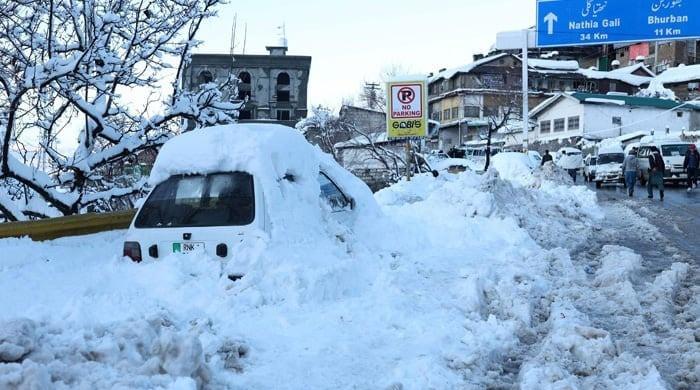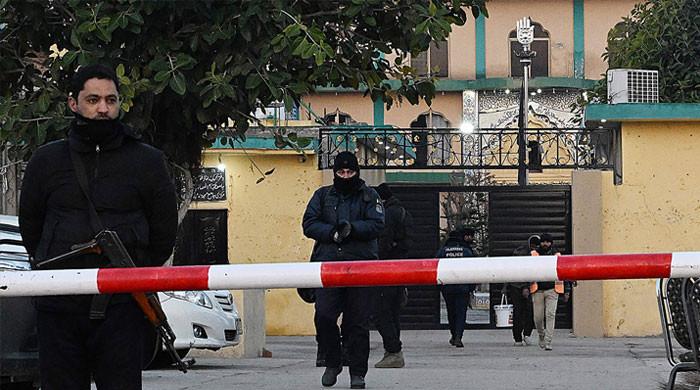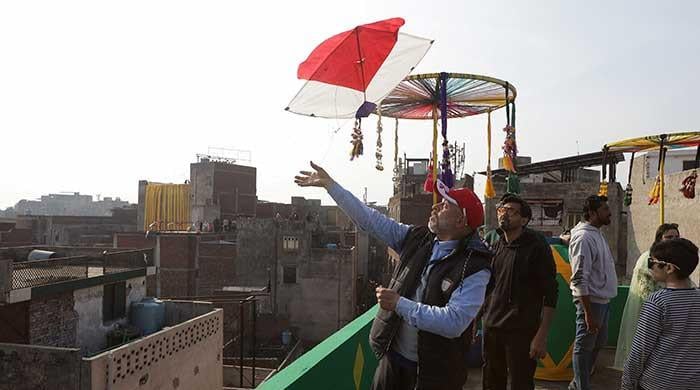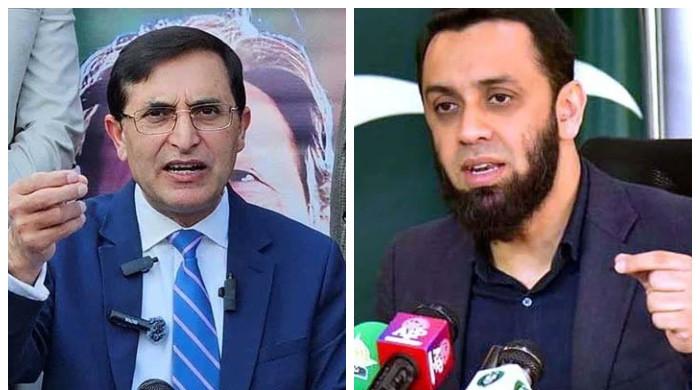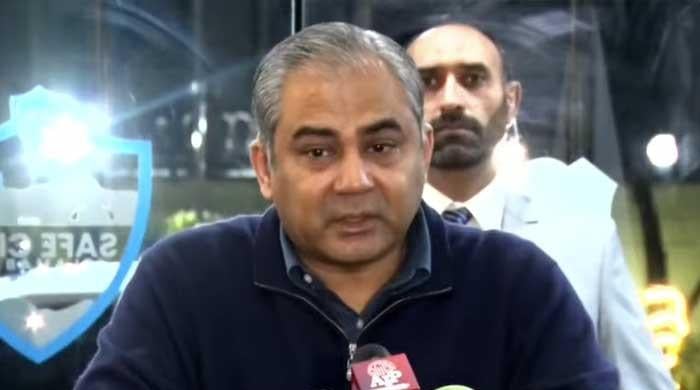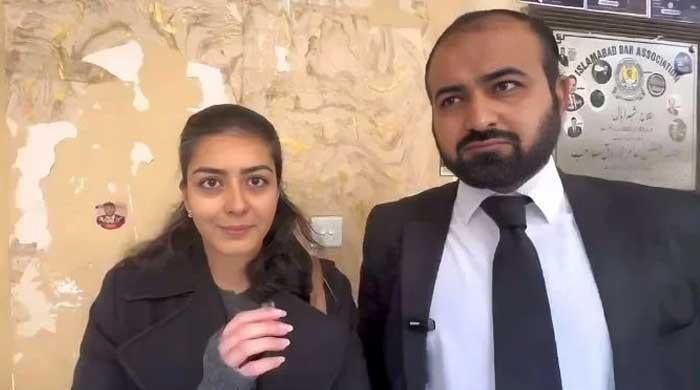President Arif Alvi approves Anti-Rape Ordinance 2020 to speed up trials in Pakistan rape cases
The ordinance includes establishment of special courts, anti-rape crisis cells, protection of victims and witnesses
December 15, 2020
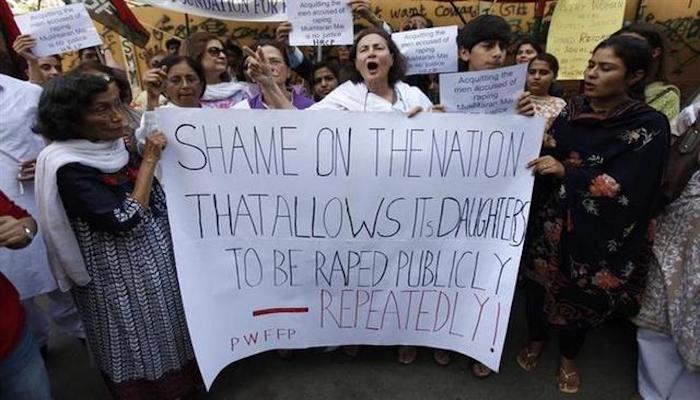
- Special courts to be set up to fast-track rape cases
- Anti-rape Crisis Cells authorised to conduct medico-legal examinations within six hours of a rape
- NADRA to make list of sex offenders
ISLAMABAD: President Dr Arif Alvi has approved the Anti-Rape Ordinance 2020 to ensure speedy trials in cases of sexual violence against women and children.
This new ordinance means special courts are to be made in Pakistan to accelerate the trial of rape cases. It requires the courts to concludes rape cases within four months.
President Alvi tweeted about the ordinance approval and what the ordinance is on Tuesday.
Anti-rape Crisis Cells are suggested to be set up by the prime minister under this ordinance. These cells will be authorised to conduct medico-legal examinations within six hours of a rape incident.
A record will be prepared at the national level with the help of the National Database and Registration Authority to register sex offenders.
Revealing the identity of a rape victim or survivor is a punishable offence under the new ordinance.
Read more: Law for chemical castration of rapists okayed by PM Imran Khan
Dr Alvi's tweets, however, did not make any mention of the punishments for a rapist that may be included in the ordinance.
Three weeks ago, Prime Minister Imran Khan had approved, in principle, a law for the chemical castration of rapists.
The decision was made during a federal cabinet meeting wherein the law ministry presented a draft of the anti-rape ordinance. The draft includes increasing women’s role in policing, fast-tracking rape cases and witness protection.
Stressing that this was a serious matter, PM Imran Khan said no delay will be tolerated. “We need to ensure a safe environment for our citizens.”
Rape laws in Pakistan
There has been much debate around rape laws in Pakistan. The incident of Kasur's Zainab and more recently the motorway gang-rape in Lahore sparked a debate on the severity of punishment to prevent sexual assaults.
In an interview, PM Imran Khan had suggested public hanging and chemically castrating the convicts to curb rising sexual violence in the country.






